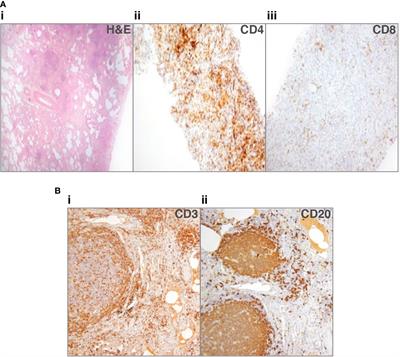EDITORIAL
Published on 08 Jul 2021
Editorial: Interstitial Lung Disease in Primary Immunodeficiencies

doi 10.3389/fimmu.2021.699126
- 2,309 views
- 2 citations
26k
Total downloads
91k
Total views and downloads
You will be redirected to our submission process.
EDITORIAL
Published on 08 Jul 2021

SYSTEMATIC REVIEW
Published on 15 Apr 2021

ORIGINAL RESEARCH
Published on 11 Mar 2021

ORIGINAL RESEARCH
Published on 10 Mar 2021

REVIEW
Published on 05 Feb 2021

ORIGINAL RESEARCH
Published on 05 Feb 2021

MINI REVIEW
Published on 27 Jan 2021

ORIGINAL RESEARCH
Published on 26 Jan 2021

SYSTEMATIC REVIEW
Published on 17 Dec 2020

ORIGINAL RESEARCH
Published on 26 Nov 2020

MINI REVIEW
Published on 20 Nov 2020

ORIGINAL RESEARCH
Published on 30 Oct 2020

